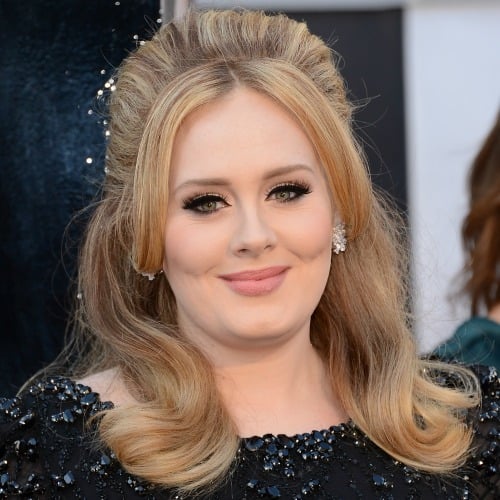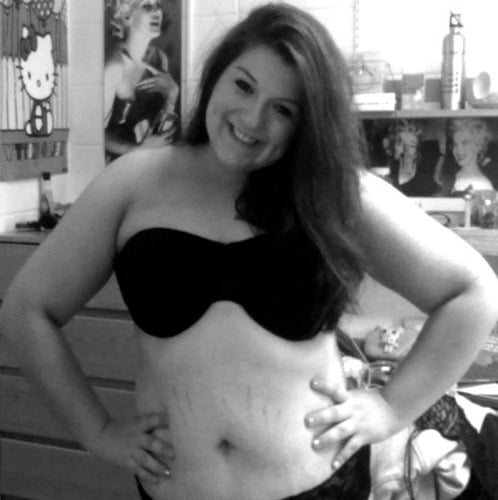When you think of a moment that had a lasting impact on you, what comes to mind? Do you think of that time that you won a medal at the sports carnival? Do you think of the moment you got your first family pet? Or the day you graduated high school.
I will never forget the day I was food shamed for the first time. I was in Year Seven. Young, vulnerable and impressionable. Not even 13 years old.
Food was, and is, an integral part of my culture. Growing up in Greek household, food wasn’t just for sustenance. It was a way to come together. To connect. To gossip, laugh and share. Food was also for pleasure and for taste.



